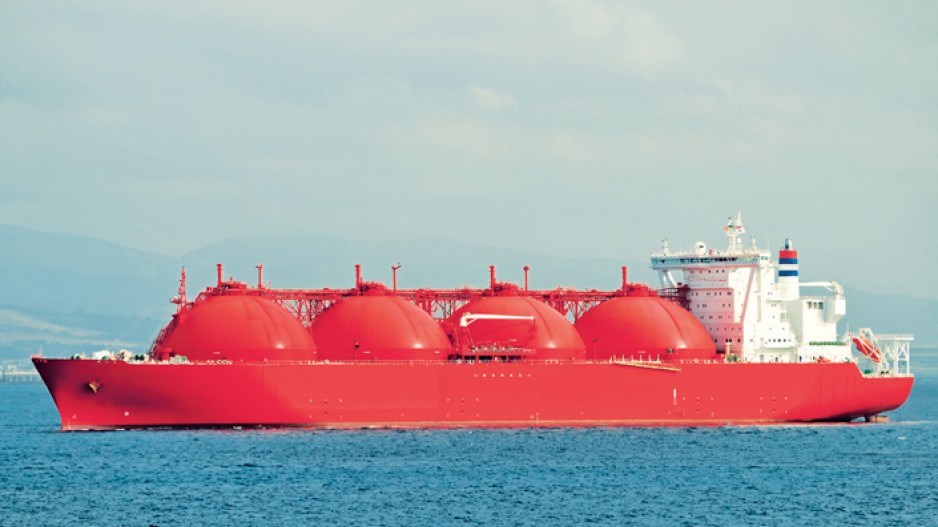Even if B.C.'s aspirations to become a major liquefied natural gas player fizzle – a distinct possibility, the B.C. government was warned at last week's LNG conference – simply promoting the LNG industry has already resulted in billions of dollars being invested here.
Progress Energy Canada Ltd., for example, now a subsidiary of Petronas, has already spent $2 billion in B.C. and is expected to have 25 to 30 rigs drilling for gas this summer, according to Petronas CEO Tan Sri Dato' Shamsul Azhar Abbas – one of the keynote speakers at last week's conference.
That's a fraction of what the Malaysian energy giant would end up spending on its Pacific Northwest LNG project in Prince Rupert, which would cost $11 billion to build and would have a total capital expenditure of $36 billion over its lifetime. It is considered the front-runner of three large LNG proposals.
But Abbas warned against “unrealistic expectations.” He pointed to Australia as an example of what can happen when costs start exceeding profits.
Australia already has three LNG plants in operation and seven more under construction. According to a KPMG analysis released last week, skills shortages have driven costs of building Australian plants up by 50%, and regulatory burdens have also added costs. In fact, 10 of the last 12 LNG projects worldwide went over budget 40% to 50% or were not built on time, KPMG concludes.
A second wave of investors has “shied away” from Australia's LNG industry, Abbas said, and he warned the same could happen in B.C., if the government is not careful with its regulatory framework.
“This is a once-in-a-lifetime opportunity for B.C.,” Abbas said. “We must be careful to not squander it away by banking on unrealistic expectations and misconceptions.”
His comments appear to have been aimed at B.C.'s LNG tax, which would tax LNG net income up to 7%.
Abbas said his company has major offtake customers ready to sign long-term contracts, and that his company plans to make a final investment decision before the end of this year. But he warned there is a limit to what Asian customers will pay.
“LNG, though vital to their economies, doesn't come at all costs,” he said.
Last week's conference started on the day news broke that Russia had struck a $400 billion, 30-year deal to supply China with 38 billion tonnes of natural gas annually with a new pipeline from Siberia. That's equivalent to the total output of three LNG plants, according to industry officials at last week's conference.
According to the New York Times, 38 billion tonnes represents about 15% of China's current demand – demand which is expected to grow significantly as China switches from coal to gas to generate power and cut air pollution.
“There's still lots and lots of space for British Columbia in the Chinese market,” Premier Christy Clark said.




